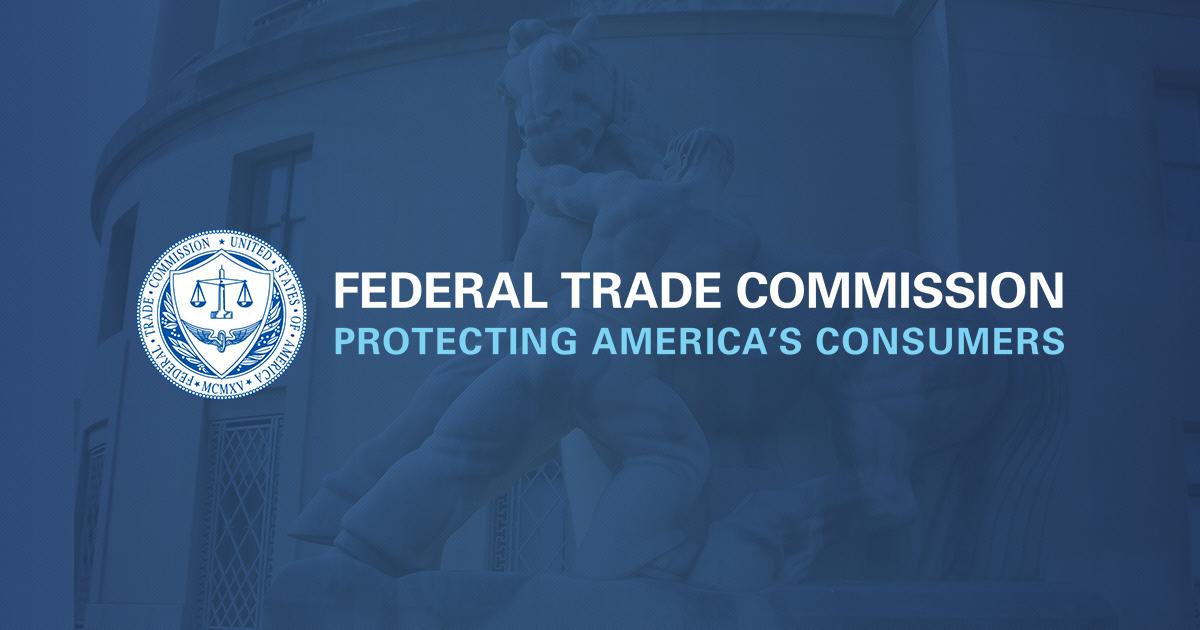

Yeah, all training ends up being pattern learning in some form or fashion. But acceptable patterns end up matching logic. So for example if you ask ChatGPT a question, it will use its learned pattern to provide its estimate of the correct ouptut. That pattern it’s learned encompasses/matches logical processing of the user input and the output that it’s been trained to see as acceptable output. So with enough training, it should and does go from simple memorization of individual examples to learning these broad acceptable rules, like logic (or a pattern that matches logical rules and “understanding of language”) so that it can provide acceptable responses to situations that it hasn’t seen in training. And because of this pattern learning and prediction nature of how it works, it often “hallucinates” information like citations (creating a novel citation matching the pattern its seen instead of the exact citation that you want, where you actually want memorized information) that you might ask of it as sources for what its telling you.







They have a first past the post parliamentary system, derived from the UK. The US has a separation of powers between its executive branch and its legislative branch.
The way to build third parties is by reforming the democratic system state by state to have a ranked choice system open non-partisan primary to select the top two final candidates followed by a general election between these two candidates for each election to elect a representative or president.
It helps mitigate the flaws of the ranked choice system to have it stop at the final two and let the voters choose between these final two choices. It helps get candidates that are at the center of voter opinion distribution.
This means the hard work of mobilizing together and working across partisan lines, recruiting the majority of Americans that are pro-democracy in each and every state.